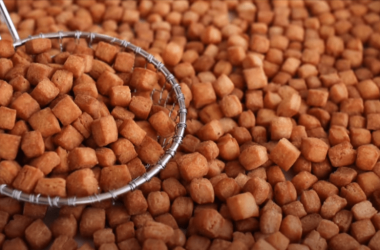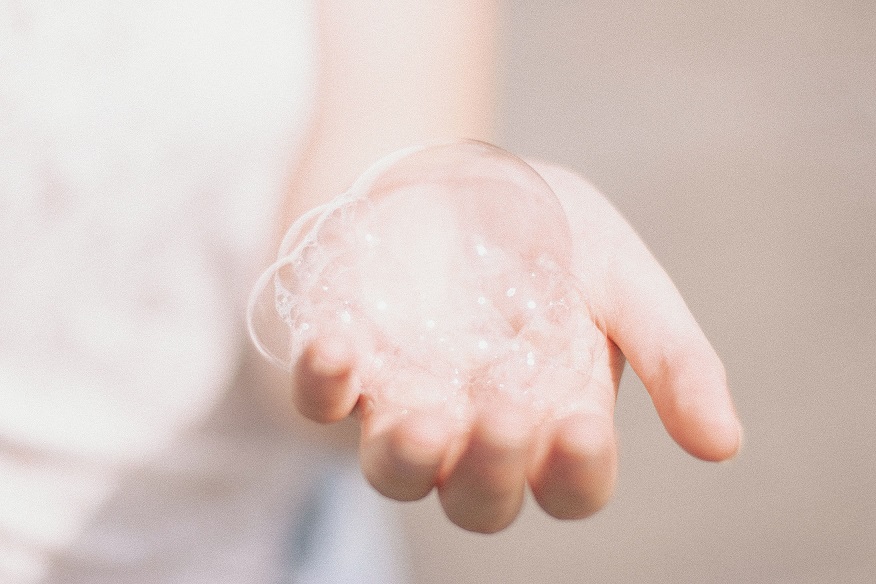Aloe Vera is one of about 500 species of Aloe distributed throughout the world. This evergreen perennial grows in semi-tropical, tropical, and arid climates worldwide. People from all corners of the world cultivate it for its plethora of decorative and medicinal benefits. As far as my mother is concerned, a pot of Aloe Vera should be grown in every household, and to be honest, I think she’s right.
It is an attractive plant that makes for an excellent indoor companion and outdoor decor. Furthermore, Aloe Vera has been in use to treat various health conditions for as long as humans have discovered it. Its gels and creams contain the jelly-like substance found in the Aloe vera leaves. But if you have a pot in your house, you can use the gel directly for various health benefits.
Benefits of Aloe Vera
There are myriad benefits of using aloe vera. If you’re unfamiliar, some of these benefits are mentioned down below:
Aloe Vera can naturally help get rid of Acne
Many natural skin products contain aloe extracts, such as toners, creams, cleansers, or acne removers. They can be effective in treating Acne or reducing them. These products, however, tend to have other effective ingredients in them as well. But, using fresh aloe gel directly from a living plant can be just as effective. Furthermore, it is believed that regular use of Aloe gel can make your face smooth and clear as well.
In contrast to traditional acne treatment products, the ones with Aloe in them may be less irritating to the skin.
According to some research, acne cream with its gels as active ingredients was effective to a significantly greater extent than those without them. The Aloe gels tend to reduce prostaglandin E2 production in the skin. Prostaglandin E2 is the lipid that causes an inflammatory response in sebaceous glands.
Aloe Vera can help heal burns and Sunburns
The gel has soothing, cooling, anti-inflammatory, and moisturizing properties. These attributes help reduce and treat burn pain. If you have any partial or sizable burn on your skin, sunburn, fire burn, or other, gently apply aloe gel a few times a day on the burn and wait for the result.
According to research including 50 individuals, it was found that people who use regular 1 percent silver sulfadiazine cream to treat partial or superficial burns on their body did not show as good of a result as the people who used its gel.
The use of Aloe Vera was much cheaper and showed the sign of better pain relief and earlier wound healing.
This effect the plant for Sunburn or regular burn relief is one of the most known by far. Many dermatologists prefer Aloe as a natural choice for treating burns the chemical remedies.
Aloe Vera improves digestive health
As mentioned earlier, Aloe gel can be applied to the face and skin. On top of that, you can consume it for further health benefits. Consuming the plant by mixing it with smoothies, or making the juice, may help your digestive tract help to cure and soothe stomach ailments, such as irritable bowel syndrome (IBS).
A Study review in 2018 about three research with 151 individuals showed that compared to placebo use, the use of aloe vera improved IBS symptoms. Though the research contained a small sample size, there were no reported adverse effects of Aloe use.
- pylori bacteria are active in your digestive tract, which may cause ulcers. The use of the plant may also inhibit the growth of said bacteria. However, it would be best to keep in mind that using other Aloe plants other than it might not produce the same result and might cause an adverse effect.
Aloe Vera may help improve dental health
It contains anti-gingivitis as well as anti-plaque properties. Due to these properties, It can be a useful addition to your dental health routine. Similarly, its mouthwash and toothpaste can help oral hygiene and reduce plaque.
In a study with 40 adolescents divided into two groups, each group was given a choice of its toothpaste and traditional toothpaste containing triclosan. After 30 days of regular use, the aloe toothpaste exhibited lower candida, plaque, and gingivitis levels than the traditional toothpaste users.
Additionally, Aloe vera toothpaste showed better signs of oral health with adverse effects. This effect suggests that Aloe- vera-based mouthwash can be a viable alternative to regular toothpaste and mouthwash.
Also read, 6 Spices that are Essential for a Healthy Lifestyle
Aloe Vera may help in Skin Aging
As mentioned previously, Aloe vera is used as an active ingredient in many skincare products. Despite its effects against Acne, the gel contains moisturizing and anti-aging properties.
Mucopolysaccharides, a hydrating molecule that keeps moisture in the skin, is present in Aloe Vera in high number. Another of these Mucopolysaccharides, Hyaluronic acid, is also known for its hydrating and anti-aging properties.
According to research, Aloe helps activate fibroblasts, which ramps up the production of elastin fibers and collagen in skin cells. Fibroblast is a type of cell present in connective tissues.
Finally, Aloe Vera contains many more natural healing properties that benefit us. On top of all that, it is suitable to use for most people, from minor skincare concerns to small digestive issues. However, it would be suitable not to depend on the plant in case of any major injuries, cuts, or health issues. If so, see a doctor or professional physician.









